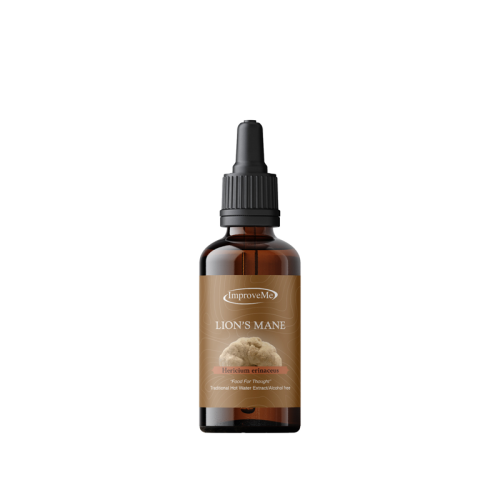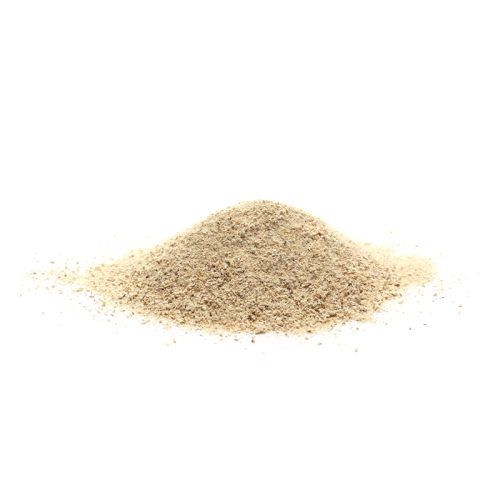

Photo Credit: "© [BestForYou] / Adobe Stock
Medicinal mushrooms are a hot topic, and you might be intrigued to try them. After a little research, you come across lion’s mane, but you’re not sure what it does. Is it effective, and what’s the best way to take lion’s mane?
We’re letting you in on how lion’s mane works and the powerful secrets of this medicinal mushroom. Stick around for the best lion’s mane supplements and ways to take them for better physical and mental health.
What is lion’s mane?
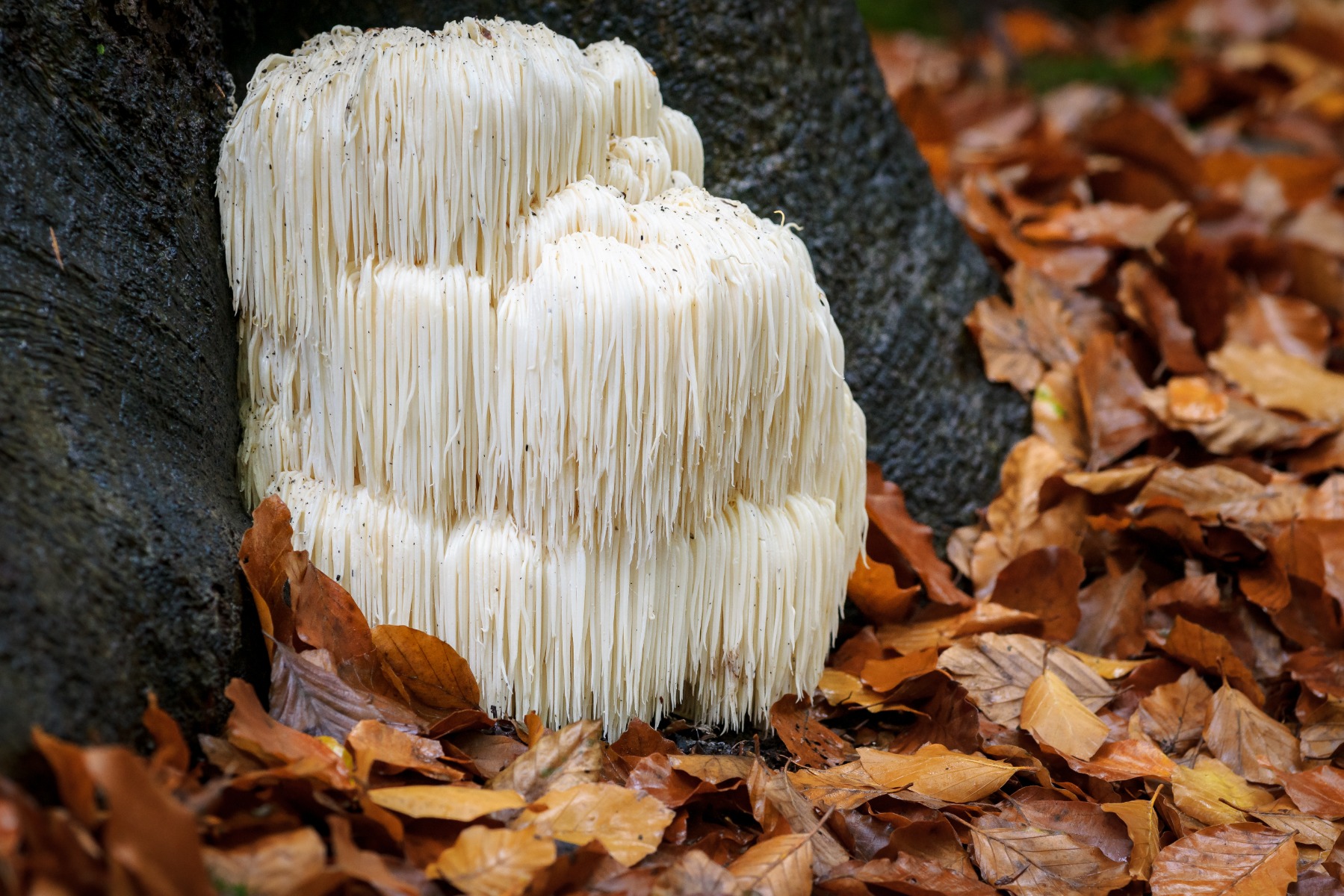

Photo Credit: "© [fotografiecor] / Adobe Stock
Lion’s mane is a large, white mushroom that grows in temperate forests. It goes by many other names, including hericium erinaceus, bearded tooth fungus, old man’s beard, and bearded hedgehog. Lion’s mane mushroom has tendrils that fall down into a beard-like shape, but from further away, the mushroom looks like giant pom poms.
Lion’s mane isn’t poisonous and has been used for centuries for its medicinal properties. Nowadays, you can get lion supplements, including lion's mane powder, lion's mane extract and lion’s mane capsules.
What does lion’s mane taste like?
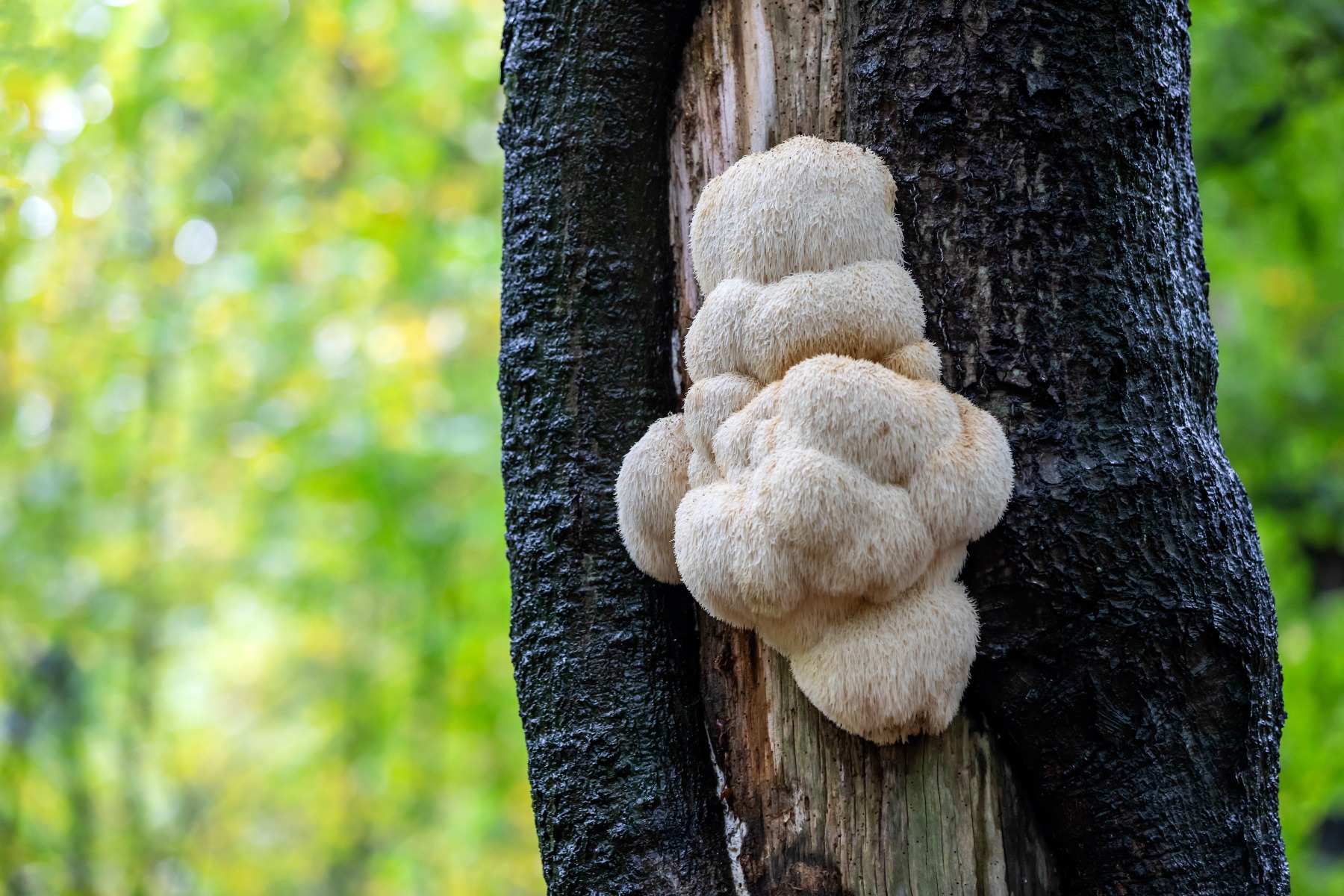

Photo Credit: "© [Edwin Butter] / Adobe Stock
Real mushroom lion's mane has a flavour that resembles seafood. The slightly sweet notes make it akin to shellfish, such as crab or scallops. The taste is similar whether you have lion’s mane fresh, dried or as an extract.
How does Lion's Mane make you feel?
Lion’s mane can’t make you ‘high’ because it’s not a psychedelic. That means you won’t experience hallucinations, like patterns or bright colours. However, it positively affects the brain, mainly by enhancing concentration and possibly reducing mild depressive symptoms. Therefore, it can make you feel calmer and more focused.
What are the benefits of taking lion's mane?
Organic lion's mane mushroom is popular because of its tremendous mind and body lions mane benefits. Here are the advantages of regularly taking lion’s mane:
A great mushroom supplement for brain health


Photo Credit: "© [Kateryna] / Adobe Stock
Lion’s mane is considered one of the mushroom supplements for brain enhancement, giving it the nickname, ‘smart mushroom.’ This effect is likely because the mushroom brain supplement is enriched with the chemicals hericenones and erinacines. These two chemicals make lion’s mane a brilliant mushroom for brain health because they support nerve growth factor (NGF).
NGF contributes to brain cell growth - aiding focus, concentration, and clarity. This makes lion’s mane one of the top mushrooms for memory and overall the best mushroom supplement for brain health.
Contains niacin to hydrate skin


Photo Credit: "© [Beauty Agent Studio] / Adobe Stock
Lion’s mane is rich in vitamin B3, also known as niacin. You may be familiar with niacin in skincare products. But taking it via a mushroom supplement could promote hydrated skin from the inside.
Niacin contributes to a healthy derma barrier, the outer layer of skin cells that prevents bacteria from entering and moisture from escaping. When the lipid barrier is compromised, it can cause dryness, redness, breakouts, and deepened fine lines and wrinkles.
Lion’s mane is bursting with the skin-loving ingredient niacin to heal and nurture your derma barrier. This keeps hydration locked in and bacteria out for a luminous glow.
It gives your body more energy


Photo Credit: "© [Lucas] / Adobe Stock
Have you ever felt energetic in the morning only to crash by the afternoon? Lion’s mane could help you out.
Soaring sugar levels followed by a glucose dip can cause you to feel lethargic and burnt out. Lion’s mushroom helps stabalise blood sugar for more consistent energy. It also has anti-inflammatory effects to enhance blood flow so oxygen and nutrients can travel effectively for better stamina.
Boosts your mood
Photo Credit: "© [Rido] / Adobe Stock
A 2020 study gave lion’s mane extract to depressed mice for 4 weeks. Researchers found that there were an increase in the mood-boosting hormones (dopamine and serotonin), reducing symptoms of stress in the mice.
But what about humans? A 2010 study looked into the effects of the mushroom and menopausal women by giving them cookies with lion’s mane. A month later the women reported decreased symptoms ??of irritability and anxiousness compared to the placebo group. So, if you’re feeling down in the dumps or going through a stressful period, lion’s mane could lift your spirits.
The best lion’s mane


Photo Credit: "© [khumthong] / Adobe Stock
Pure lion’s mane is incredible to elevate your health, which is why we’ve taken time to carefully choose the best lion’s mane products:
The best way to take lion's mane
If you’re not taking a capsule, you may need ideas on how to take your lion’s mane mushroom supplement. Here are some ideas to get you started:
- Put lion’s mane extract in cold water
- Consume lion’s mane in coffee
- Whiz lion’s mane into a smoothie
- Add lion’s mane to juice
- Mix lion’s mane into gravy, stews and soup
FAQs about organic lion’s mane
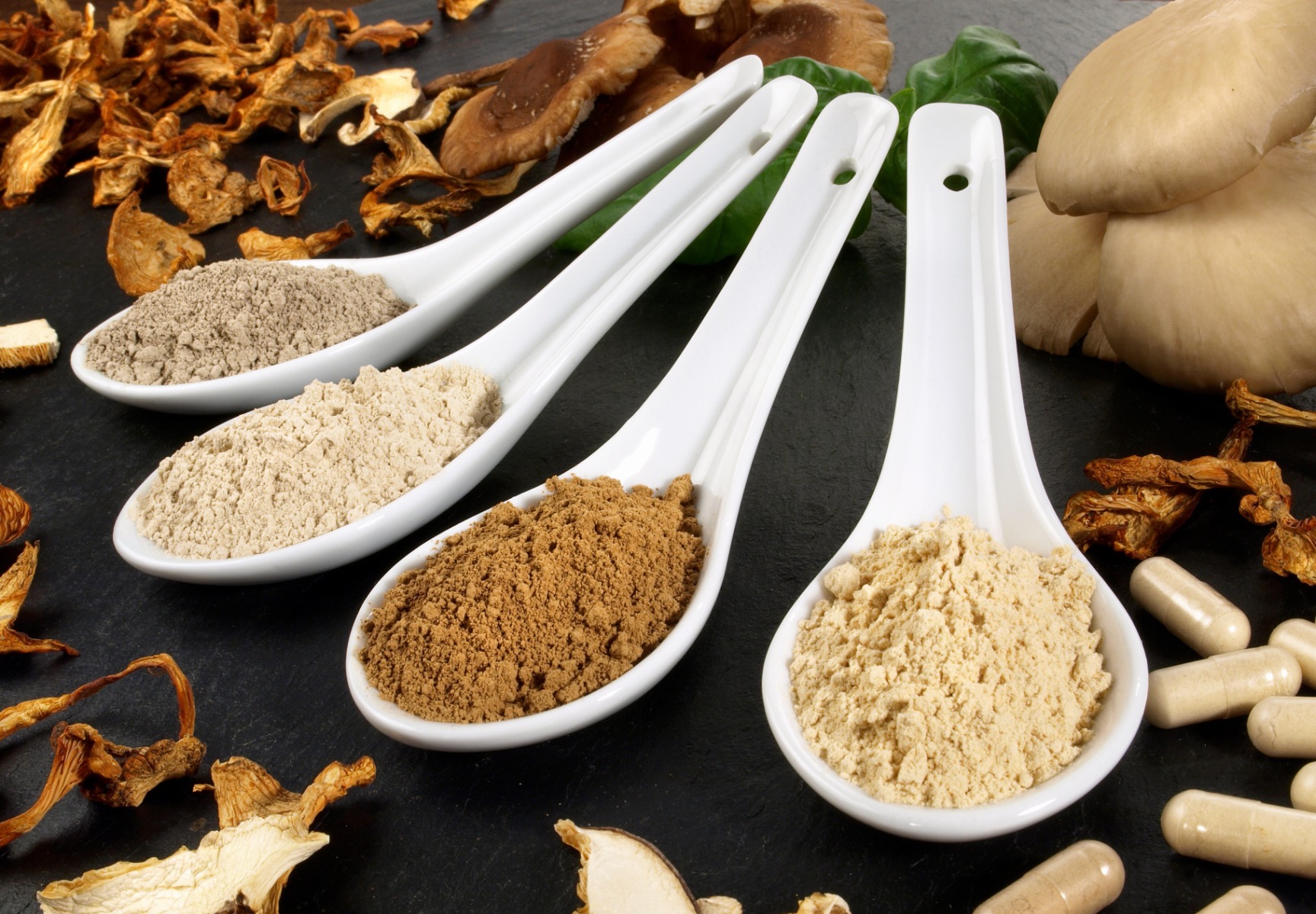

Photo Credit: "© [ExQuisine] / Adobe Stock
You probably have lots of questions when it comes to taking a mushroom supplement, so we’ve done out best to answer them. Check out the most frequently asked questions about lion’s mane below:
How quickly does lion's mane take to work?
A few people feel the benefit of lion’s mane after a couple of days. But the majority of people notice real effects in 2-3 months, which is about the same for most supplements. Taking lion’s mane for this amount of time gives your body chance to absorb and adapt to the mushroom for long-term effects.
Should I take lion's mane at night or day?


Photo Credit: "© [Kalim] / Adobe Stock
Lion’s mane doesn’t contain caffeine, but it is a stimulant to help superboost your concentration. Therefore, it’s best to take lion’s mane mushroom in the morning or afternoon so you get the potent effects of focus and less brain fog.
What are the side effects of lion's mane?
Lion’s mane is safe to take and there are rarely any side effects. However, like anything new, it’s best to proceed with caution. Some people have reported skin rashes and breathing difficulties after taking lion’s mane. So, be mindful about how you feel when you first start consuming the supplement.
Who should not take lion's mane?


Photo Credit: "© [leszekglasner] / Adobe Stock
Lion’s mane can stimulate the immune system, which is great news for the average person. However, if you have an auto-immune disease, like MS, rheumatoid arthritis or lupus it can make symptoms worse. You should also avoid lion’s mane if you are pregnant or think you may be pregnant.
Superboost your body with lion’s mane extract


Photo Credit: "© [Jacob Lund] / Adobe Stock
Level up your health and add the best lion’s mane supplement to your diet. It’s ideal for boosting focus, decreasing inflammation and enhancing your mood. All it takes is a few drops a day. Stir into a smoothie or take a lion’s mane capsule to feel the benefits of lion’s mane with Grape Tree.
